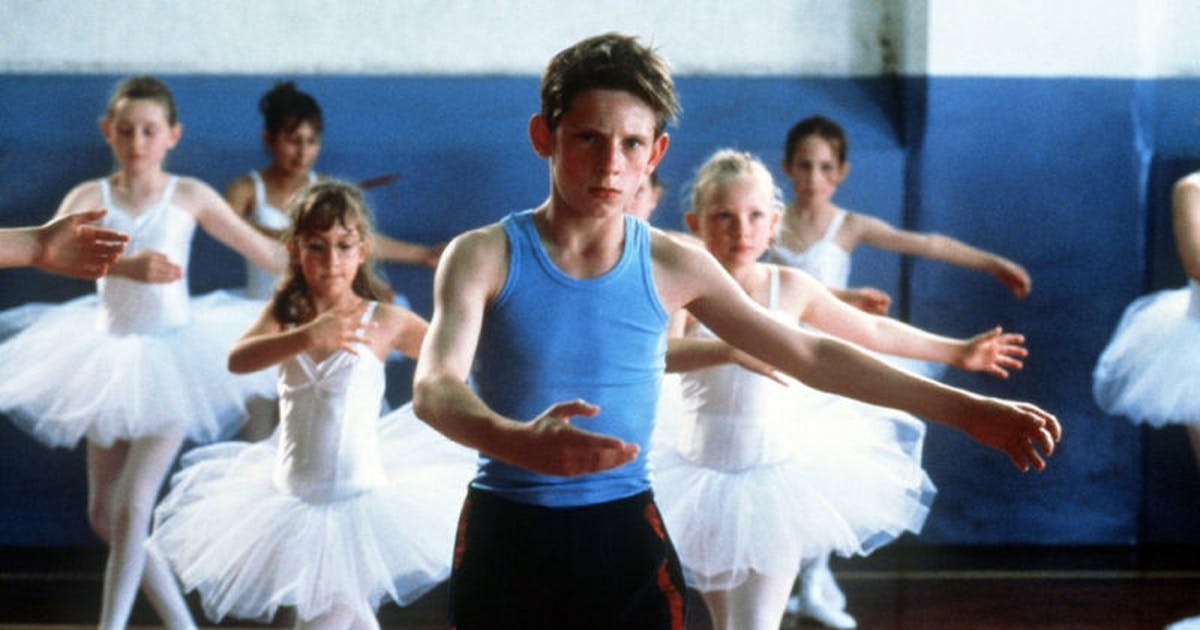
Billy Elliot
school session (FULL)
Written by playwright Lee Hall, Daldry's film explores the challenges faced by a young working-class boy in mid-1980s England, a period marked by mine closures under Margaret Thatcher’s government.
Billy is an eleven-year-old aspiring dancer whose passion for his art is an escape from the constraints of his family and society. Initially forced to learn boxing by his father Jackie, a striking coal miner, Billy discovers dance as a path to self-acceptance and a search for identity, something he desperately needs following the death of his mother.
While Billy's relationship with his father is fraught with conflict, he remains a staunch supporter of his friend Michael who reveals he is gay. In a society that dictates pre-established stereotypes, dance becomes an act of resistance and self-fulfilment, bringing lightness to Billy Elliot's difficult life journey.
The film explores rebellion, resilience, perseverance and social acceptance in the context of working-class struggles.
Billy Elliot's success is due in no small part to the simplicity and authenticity of the story, whose title character is an ordinary young man with whom audiences can easily identify.
Eva Salamon Perez
(étudiante à la Section d’histoire et esthétique du cinéma, UNIL)



